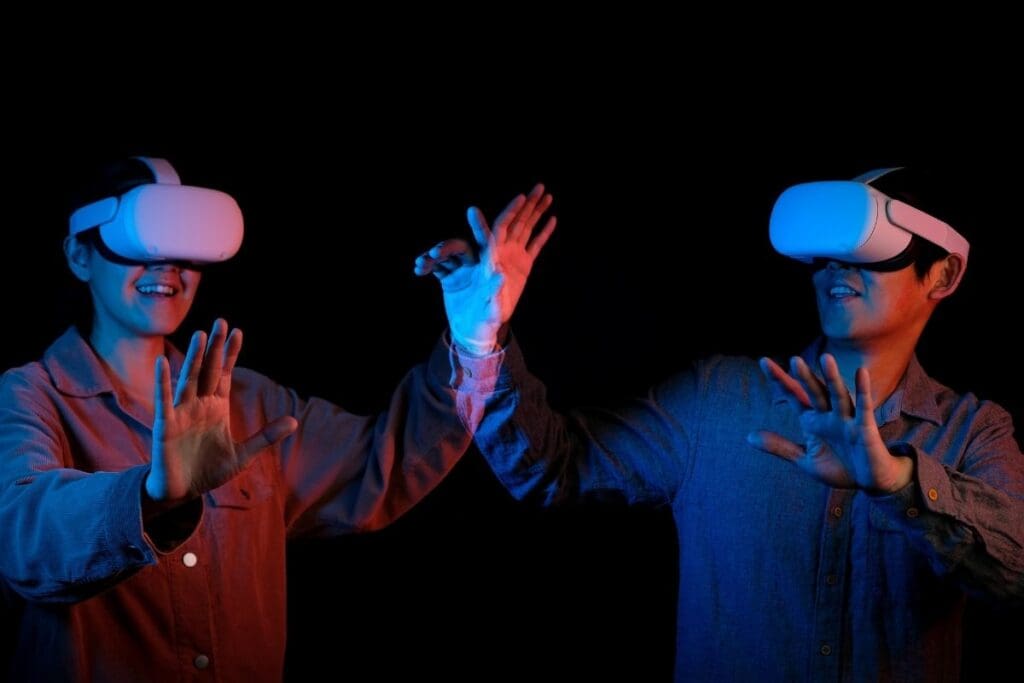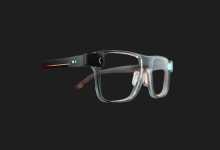First Case of Harassment in the Metaverse Universe

A case of sexual assault has been reported in Horizon Worlds, a virtual reality platform developed by Meta, formerly known as Facebook, for the Metaverse. An anonymous woman participating in the beta version of Horizon Worlds claimed she experienced harassment on November 26.
Horizon Worlds, accessible through Quest glasses manufactured by Oculus, a VR company under Meta, initially launched for users in a closed beta version in 2019.
Subsequently, as of December 9, the platform became available to individuals over the age of 18 in the USA and Canada. The platform is believed to closely align with the Metaverse vision of Meta CEO Mark Zuckerberg.
However, one woman who participated in the closed beta described her harassment on December 1 in the Horizon Worlds group on Facebook:

“Sexual harassment on the regular internet is already a serious issue, but experiencing it in VR intensifies the impact significantly. What I faced wasn’t merely virtual physical abuse; there were others who actually encouraged such behavior.
This incident left me feeling isolated and alone in the Plaza, which is meant to be a communal space for entering user-created worlds and games.”

The investigation into the incident found that the user had not activated a security feature intended to prevent harassment. Vivek Sharma, the Vice President of Horizon Worlds at Meta, referred to the incident as “absolutely unfortunate.”
Sharma emphasized that this incident underscores the need to make the Safe Zone feature more user-friendly and accessible. The Safe Zone is designed to protect users who feel threatened on the platform by restricting their interaction with other users.
This kind of harassment is pretty dangerous.

Meta spokesperson Kristina Milian conveyed that they are committed to continuously improving the platform. This involves enhancing the understanding of how features are utilized and simplifying the process for users to report issues.
Addressing the topic, experts underscore that harassment in virtual worlds is essentially no different from real-life harassment. Katherine Cross, a scholar specializing in online harassment, explains that virtual worlds are designed to simulate physical environments, thereby making the experiences, including harassment, feel more tangible and potentially more harmful.
Cross also critiques the Safe Zone feature, suggesting that it is insufficient. She argues that the approach of placing the onus on users to protect themselves – essentially telling them, ‘Here, you have the power to take care of yourself’ – is not an adequate solution to online abuse.
According to Milian, relying solely on users to use available safety features does not address the root of the problem, and Meta plans to continue developing the platform to enhance safety and usability.
You may also like this content
- “Real or Metaverse?” – A Funny Cartoon About Escaping Reality
- 10 Metaverse Projects That Could Replace Social Media
- 10 Surprising Facts About the Metaverse
Follow us on TWITTER (X) and be instantly informed about the latest developments…











